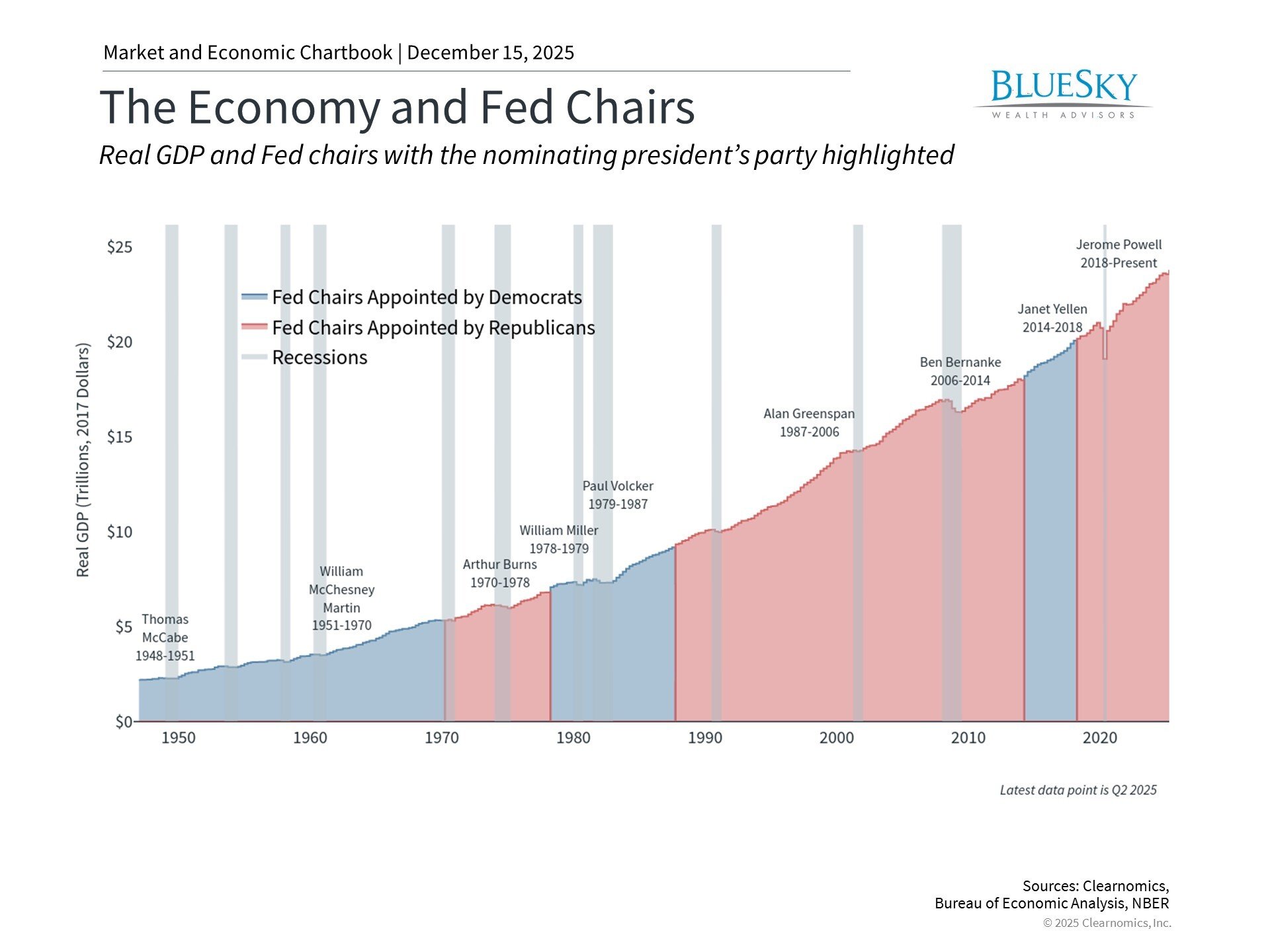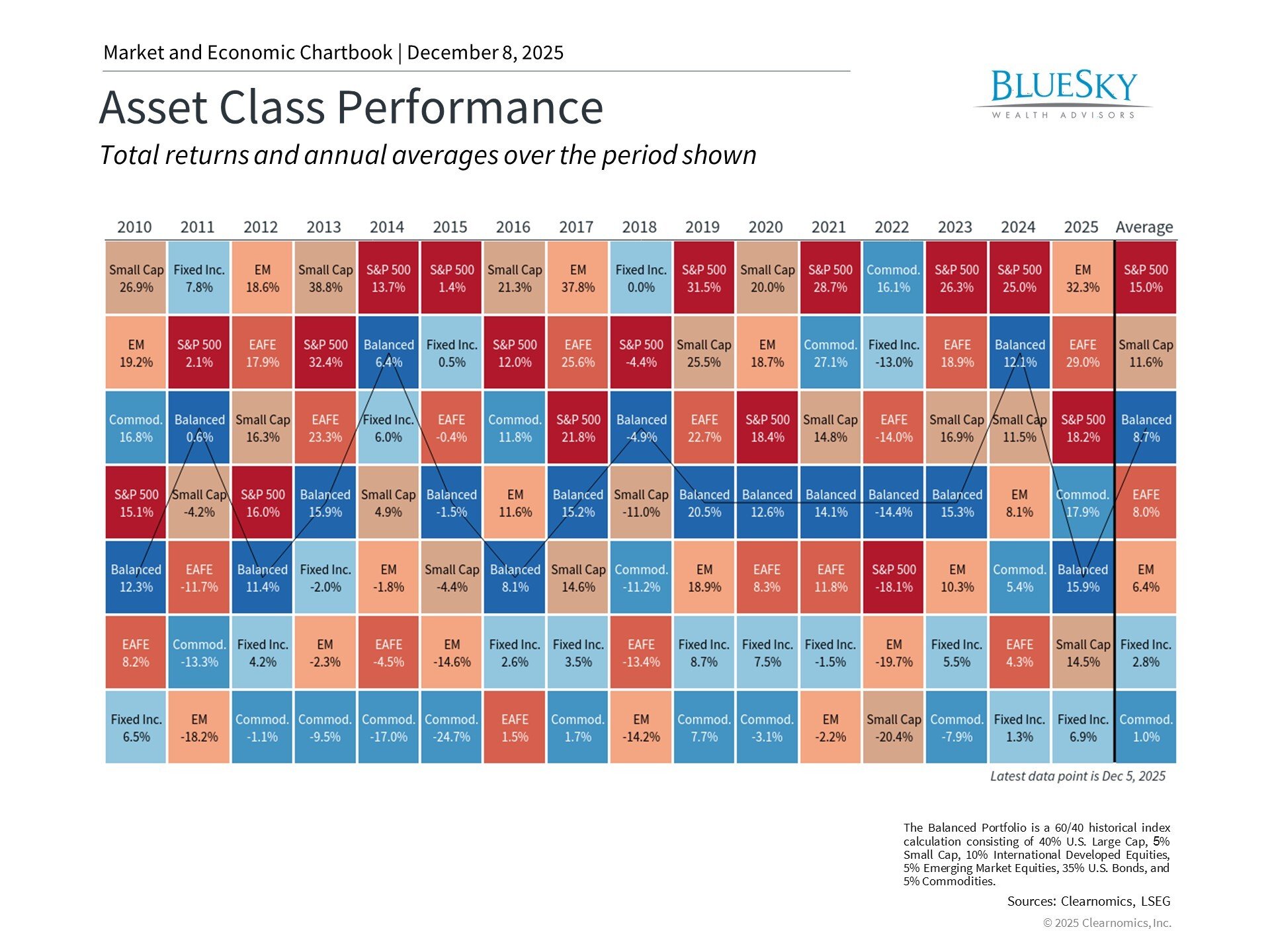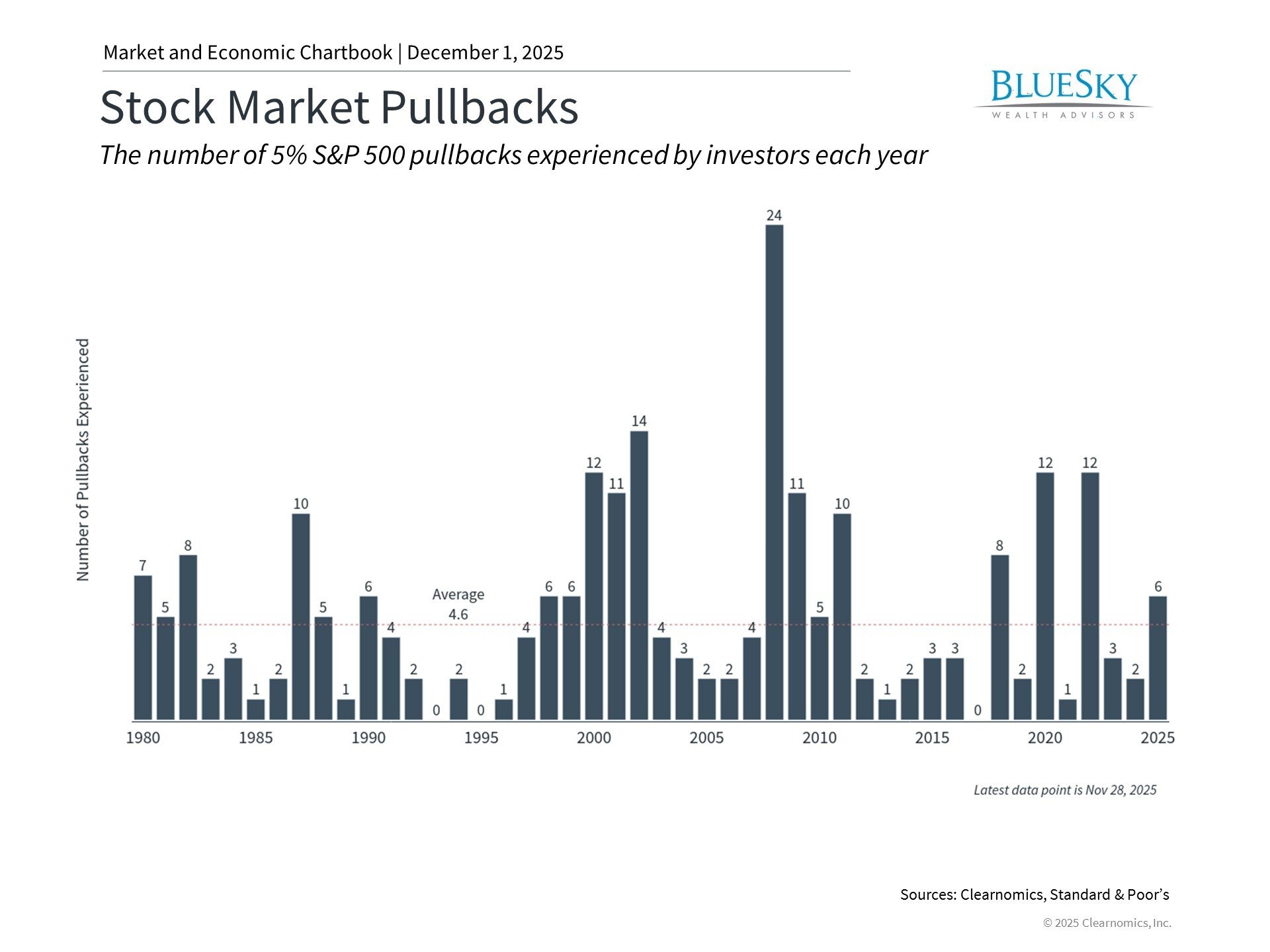
MARKET UPDATE IN THE MIDST OF THE CORONAVIRUS SCARE
MARKET UPDATE IN THE MIDST OF THE CORONAVIRUS SCARE

With the coronavirus gaining steam and impacting global trade, the market has faced some unrest this week. In his most recent video, David Blain addresses the 10% decline in the market, while bringing some clarity and perspective to the situation. Please click here for the full video, or see the transcript below.
“Hello everyone, David Blain here. Happy Friday to you. With this week’s sell-off in the market, a little bit of panic going on over the coronavirus, I thought I’d give you our take on the situation. First, as most of you know that I don’t really watch TV, especially not cable news or broadcast TV, and I also don’t pay any attention to what’s on Facebook, Twitter, Instagram, or any of the other sites that willingly offer you millions of unfiltered opinions on a multitude of topics. I tend to study data and facts, trying to get as close to the source of information as possible and try not to rely on too many third parties to interpret that data. I’d rather do it myself, and the coronavirus is no exception.
I’m not an epidemiologist, so I’m going to stay away from the medical part of the virus. But, suffice to say, if you’re concerned, I highly recommend you do some basic research on your own into the disease from some reputable sources. There are plenty of US-based as well as global health organizations that have some commonsense information on the coronavirus. The information world and media, they’re afire with all sorts of many untrue statements, rumors, misleading predictions, and things like that that are easily refuted by a quick read from an official source. So, we all need to do our part to make sure we’re not contributing to falsehoods regarding this coronavirus.
So anyway, after saying that, what’s going on with the markets? Well, the coronavirus has impacted global trade. Absolutely. Markets should go down. The stock market is based on the earnings of the companies that make up the markets, and those companies are trying to make a profit. When they make a profit, they pay dividends, and the company becomes more valuable, and so the price of the shares goes up. It’s a pretty simple equation. Right now, the coronavirus, especially in China, which has a lot of global trade, is shut down to some extent. There are tons of empty hotel rooms, and there are closed factories, and canceled airline trips. Trade has been disrupted in China and other places around the world. And so, the earnings and aggregate of companies around the world are going to be lower than we thought before the coronavirus hit. It’s pretty simple, and so yes, markets should probably go down somewhat.
If you factor in that the markets have been on an 11 or 12-year upward swing and there was a lot of excessive optimism, people very optimistic about it, any little thing is going to knock the market back. This is the way things work, and that’s helped contribute to the severity of the decline. This is sort of how the manic depressant participants in the market are sometimes. A week ago, investors were euphoric because the markets were hitting all-time highs here in the United States, and now following the worst week in a long time, people are pessimistic all of a sudden they’ve completely flipped over. It’s just kind of an excessive reaction to the situation.
So, as we sit here on Friday, February the 28th, the market is down over 10%. What exactly does that mean for your portfolio, you may be asking. Well, even with the 10% decline in the markets, the vast majority of you who have followed our advice and hold a diversified portfolio of stocks, bonds, and real estate, the impact has been really muted. I know there is a few of you out there that have 100% stock portfolios because you have other bonds or a lot of cash somewhere else, yes, this impacts you directly, probably a 10% or so.
For those of you with bonds and real estate, interest rates have actually gone down, which has raised the prices of your bonds, providing a great buffer against the decline in the market. Diversification is working exactly as intended. This is not 2008, where people were panicking over not only the stock market but the bond market. This is purely an earnings function related to the stock market. The bond market is functioning as it should be, and other safe haven, real estate, because it’s very interest-rate sensitive has also either been spared the decline or gone up in value.
The other thing, I took a look at some of the different impacts of recent health crises, we had SARS in ’03, we had the bird flu in ’04, we had swine flu in ’09, we had the poliovirus that kind of came back in 2014. That same year we had the Ebola crisis. Then in 2016, we had the Zika virus, and of course, in ’20 we have the coronavirus. So, these types of things are not unprecedented. This is probably not going to turn into the bubonic plague or the Spanish flu or one of these things that wipes out 40% of the world’s population. Frankly, if it does, what’s going on in your portfolio is not going to matter at all. I don’t think that’s the case, but anyway, this stuff will not matter. We’ve gone through these types of crises before. I looked at the data, and like most of these types of things, after some of the panic wears off and markets return to normal functioning, yes, there may be a little bit of a decline based on the reduced earnings, but they genuinely are looking to recover.
Also, I took a look just to kind of refresh everyone’s memory on regular declines, not necessarily health care crisis declines. Still, any decline where the markets were down, the type of decline that they’ve been down over the past a week or so, and what we see is this would be defined as a moderate correction. A lot of my data I get from a company called Ned Davis Research, so these statistics come from Ned Davis. They define a moderate correction as greater than 10%, and so since 1928, this has happened about 98 times or an average of 1.1 per year. This is normal, coronavirus, or whatever, this happens on average at least once a year. Typically, the decline lasts around a hundred days. On average, the decline is over 10% but less than 20. The likelihood of it going to a 15% correction is a little bit less than half, less than half the time does a 10% correction turn into a 15% correction.
Oh, and by the way, this just happened last September. 9/20 of 2018, we saw a decline in the markets of 10%, and the return from that time frame to today has been about 6%. This type of decline is not unprecedented. Yes, it’s been pretty quick. But, 10, 15% declines in the market are not unusual, and typically within a hundred days or so the decline is over, and as we see with this last one, this last was positive since September. Sometimes it takes a little bit longer to recover, but in general, we view this as a potential buying opportunity for long term investors.
I was reading this in the Wall Street Journal today; it’s kind of funny. The writer of the article was saying that he was in an Uber this morning, and he noticed the driver fiddling with his phone, and he said, “Hey, would you mind paying attention to the road?” The driver said, “Well, do you mind if I pull over for a minute because the market’s open and I have to sell some things?” I just thought that was kind of funny. People are panicky, and that’s what kind of drives the decline of the market.
As you probably know, our philosophy is to hold a portfolio that you can not only emotionally stomach the ups and downs but can fiscally afford to weather the inevitable declines that happen in the markets. Many people have been overly aggressive during this bull market, and they’re really beginning to doubt their strategy this week, and so they’re selling out of their stocks. And so, while we may make some minor adjustments as we go along due to changing earnings and global markets and things like that, but for the long-term investor, these market corrections are a buying opportunity. That’s all I wanted to talk about today. Rest assured, we’re on top of the situation as best as possible, and as always, if you have any specific questions, please feel free to reach out to your advisory team. Thanks, and have a great weekend.”





